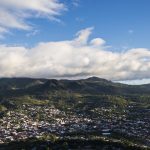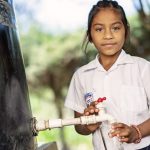Empowering Women in Water
March 8th is International Women’s Day, a global day celebrating the social, economic, cultural and political achievements of women. The day also marks a call to action for accelerating gender parity and improving the lives of women around the world.
Without safe drinking water facilities at home and in places of work and education, it is disproportionately harder for women to lead safe, productive and healthy lives. Across developing countries, women have primary responsibility for management of household water supply and health.
Traditionally, women are restricted from playing a key role in water service delivery and only hold positions such as the treasurer or secretary on Community Water Boards due to cultural, social, and organizational limitations. EOS’ safe drinking water program works to overcome these challenges and traditions by empowering and promoting women to serve in such leadership roles as President and Vice President. In communities where EOS has successfully recruited women in these high-level leadership positions, the operations and community involvement have been superior.
Facilitating the voice of women has intrinsic value in making women feel included and empowered but also has the instrumental value in improving community water services and uncovering issues that may be hidden if a project only includes men. Women are more likely to know the difficulties of accessing safe water and health issues in the family associated with drinking unsafe water.
In honor of International Women’s Day, we wanted to share the stories of just a few women who are making a difference in the communities in which they live.
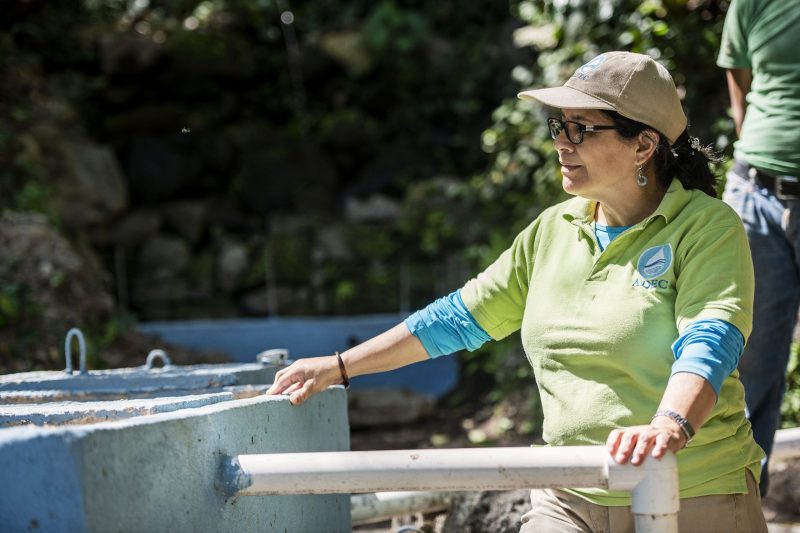
“It has not been an easy task working in a field dominated by men, where you must be twice as good to be taken into account. But at the same time, it has been an advantage since as a woman and mother I know very well the needs of women in the communities. Generally, it is women who must carry water long distances if there is no clean water system. Women must also look after their children’s health and wellbeing. I have always tried to encourage women to have a voice, a vote and a role in their communities’ Water Board. Little by little, the gender gap of not including women in important decisions is closing, and more and more women are in positions as presidents, treasurers and plumbers of their community Water Board. That makes me very happy”. – Diana Cálix, EOS Country Director
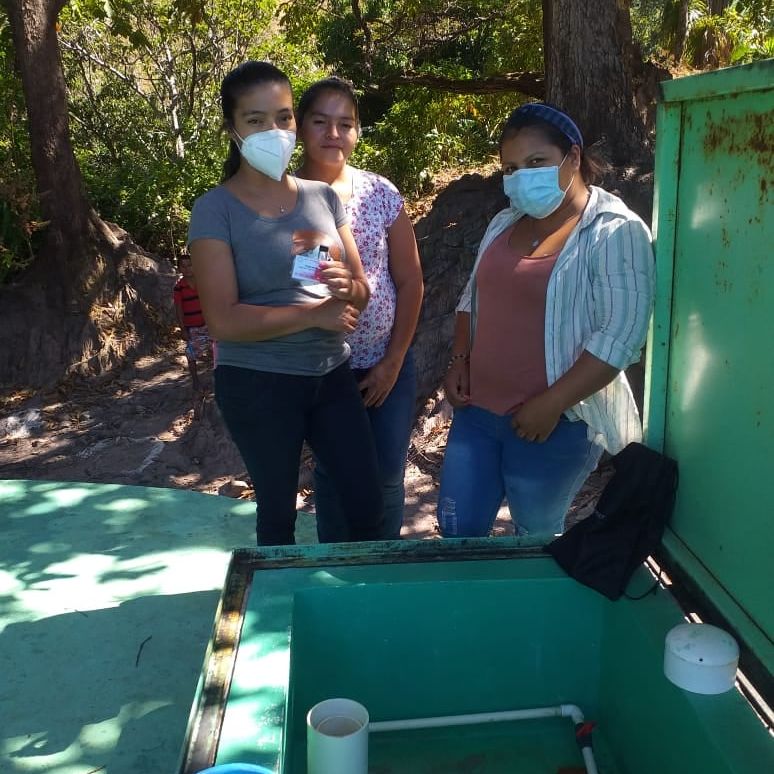
Leisy, Doris and Xiomara, three recently trained members of the Water Board of the community of Ojo de Agua, Lauterique in Honduras. EOS has been supporting this community of 60 families for six years and it has greatly benefited the community.
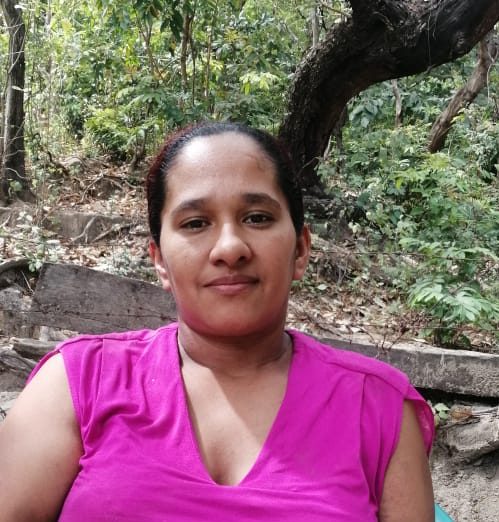
Doña Luz Marina, Water Board treasurer for the community of Los Hornos, Achuapa, Nicaragua. Luz Marina and her husband have three children and run a small grocery store in their village. Luz Marina told us “I have always been very invested in the quality of our drinking water because here there have been many cases of diarrhea and sickness in our community. But now, thank God there are fewer and fewer cases since we have a chlorinator”.
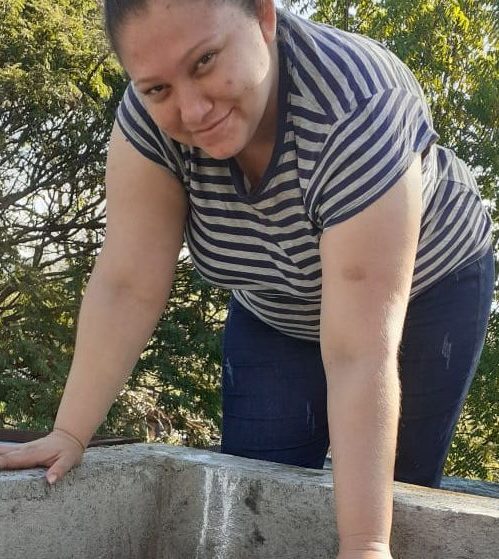
Mirna from La China /Apompua Cuidad Darío-Matagalpa in Nicaragua. Mirna has worked as treasurer for her Water Board for the past four years. It has been a great opportunity for her to gain new skills as well as be a part of providing safe drinking water to over 435 families.
Effective gender-responsive programming in the water sector can contribute to progress towards gender equality and safer drinking water within their community. Women in decision-making roles improve inter-gender relationships at both the community and household level by challenging traditional perceptions of gender roles and responsibilities within communities. Furthermore, ensuring that women have an equal role in the design, management and monitoring of water systems can be strategic in improving safe water outcomes for all while also building women’s self-confidence and empowerment.




